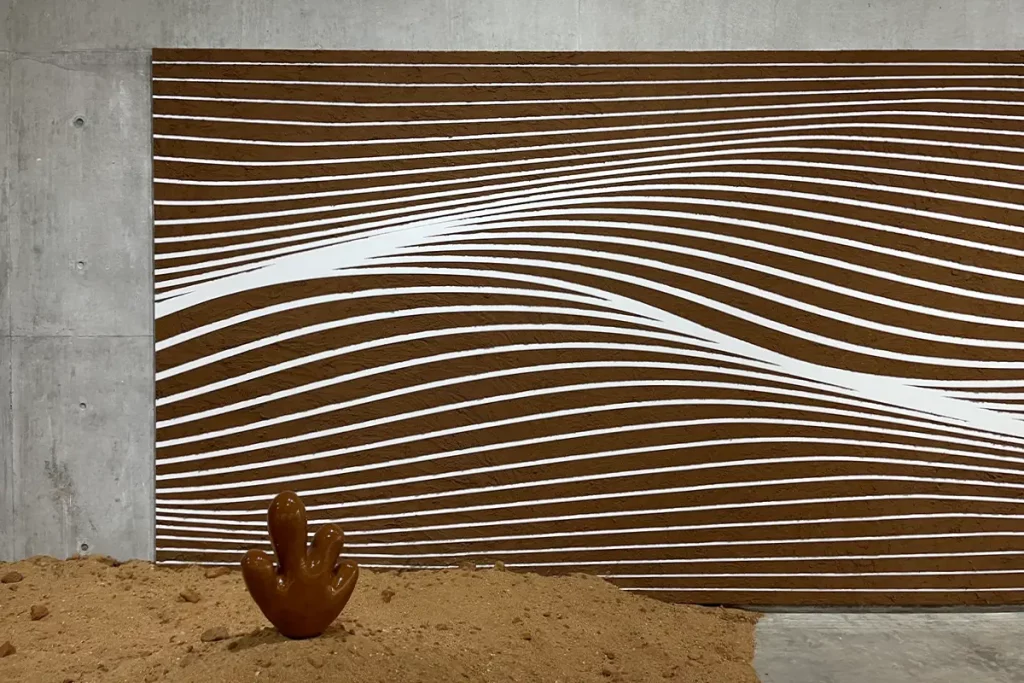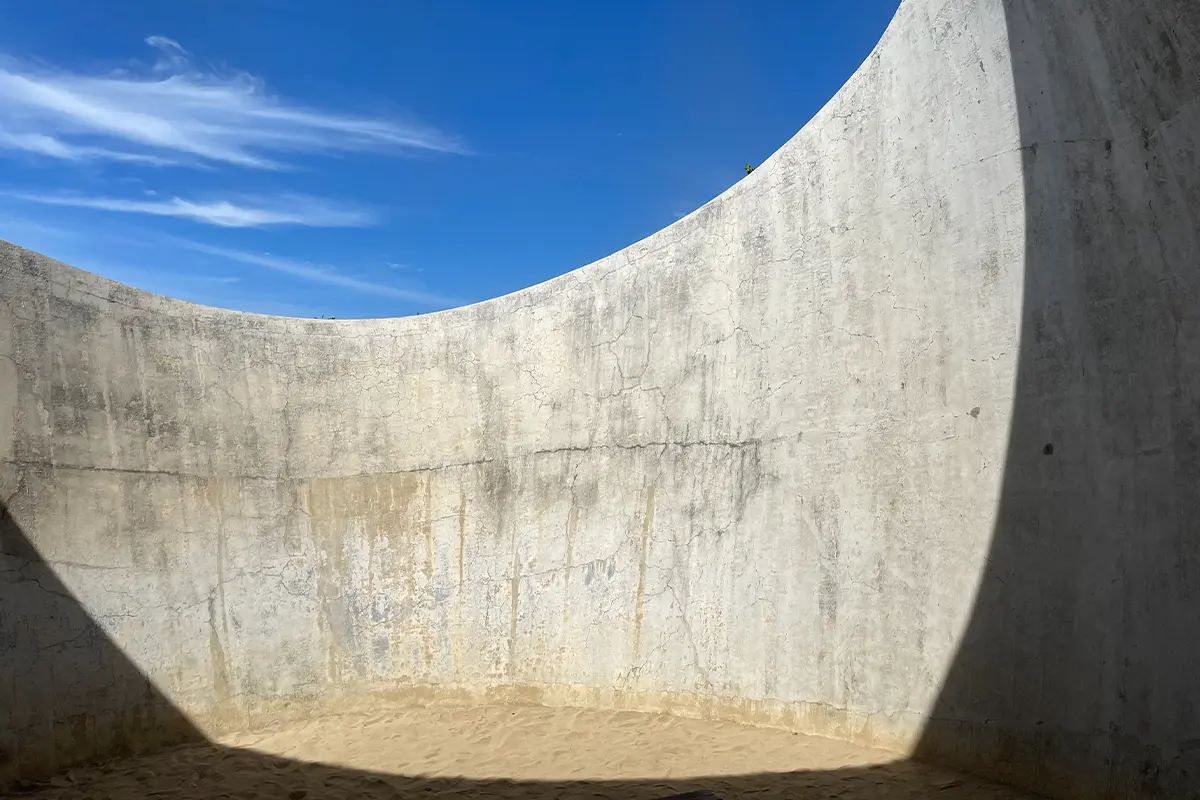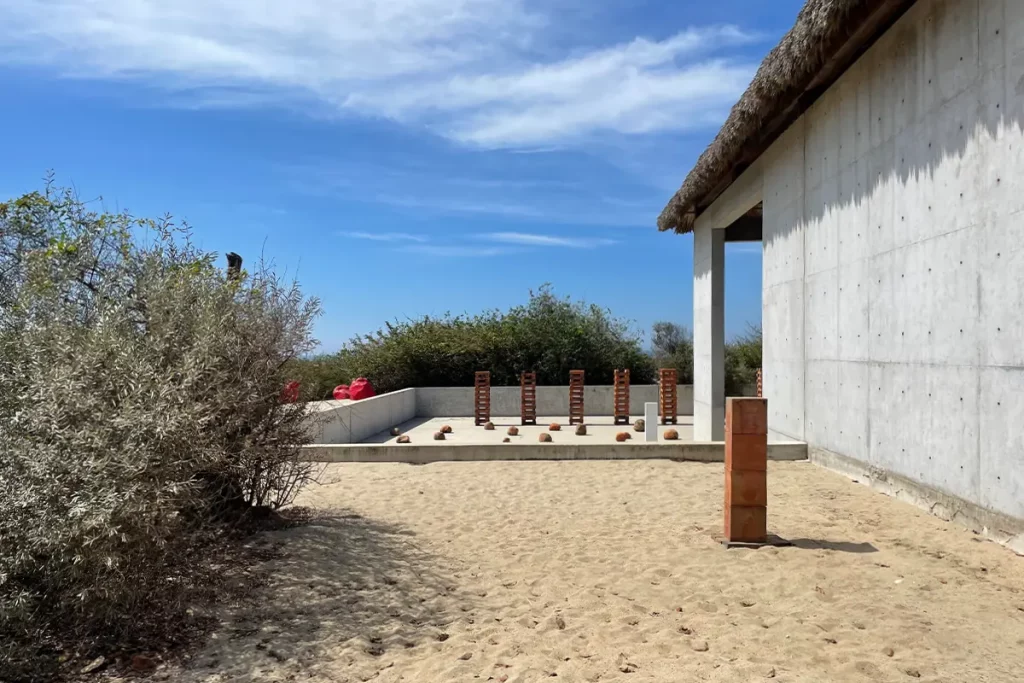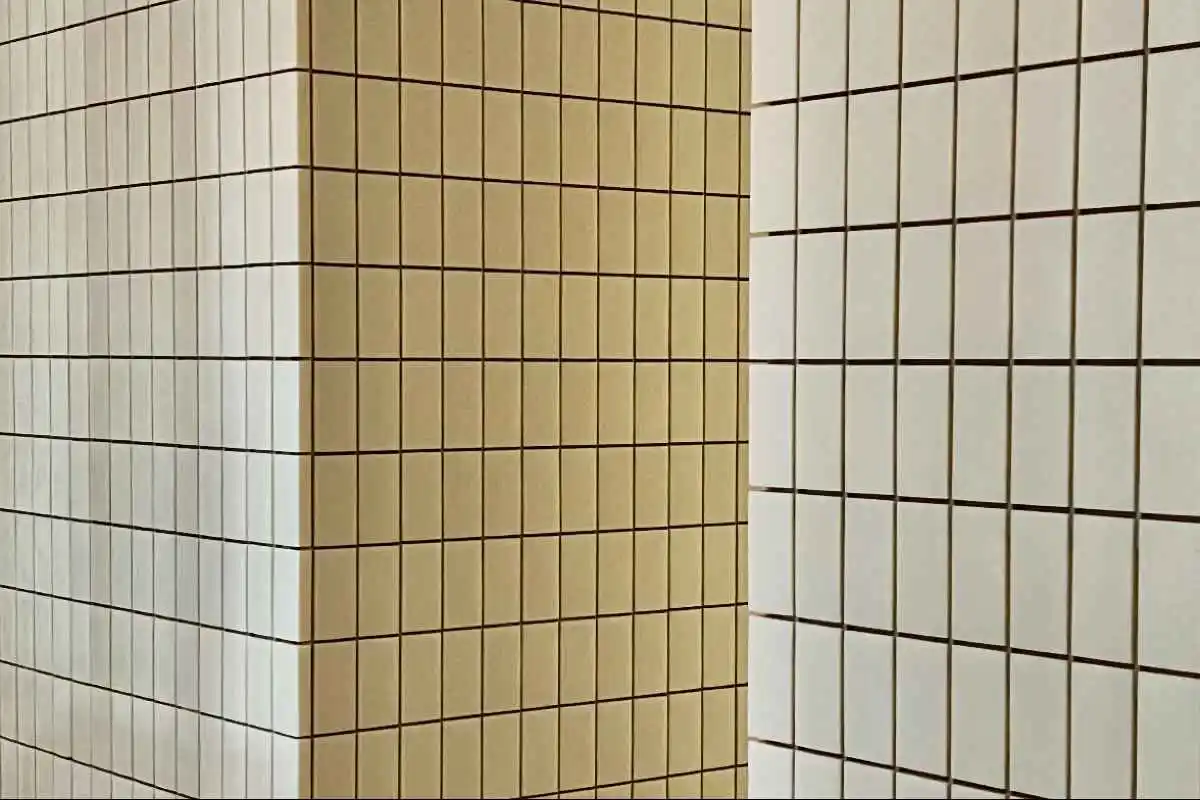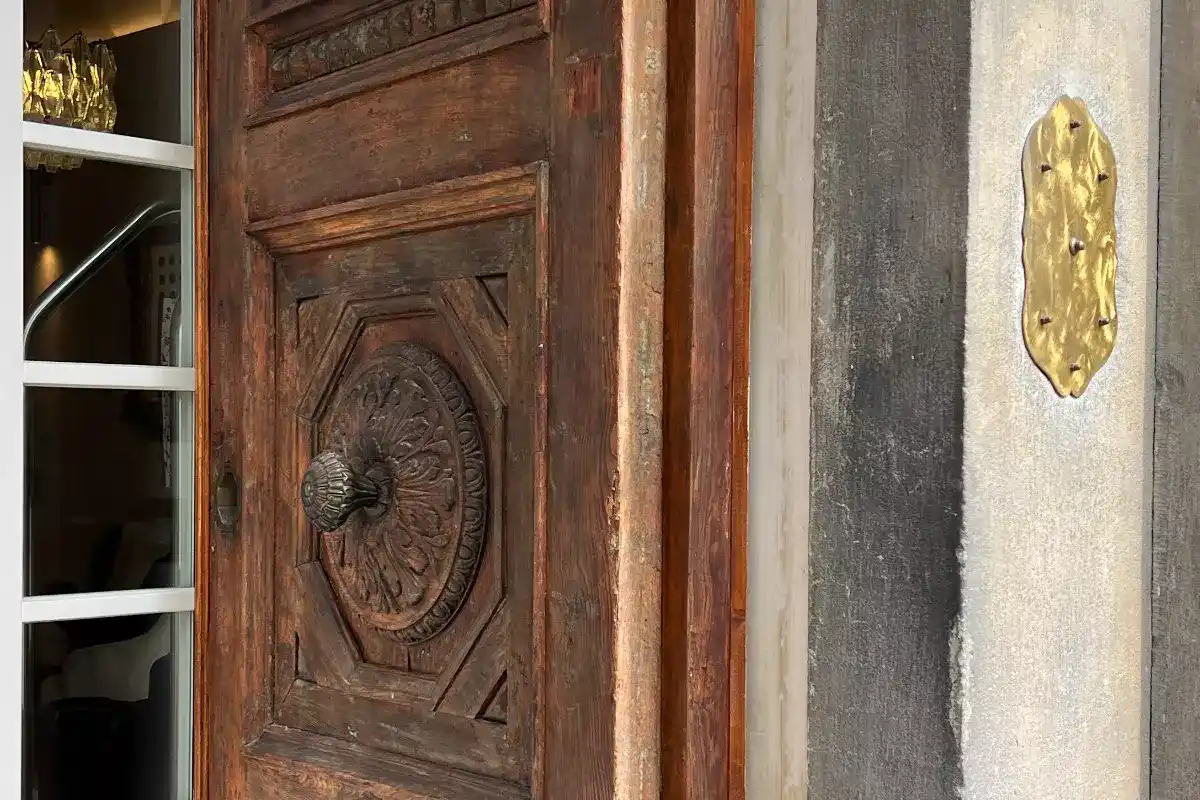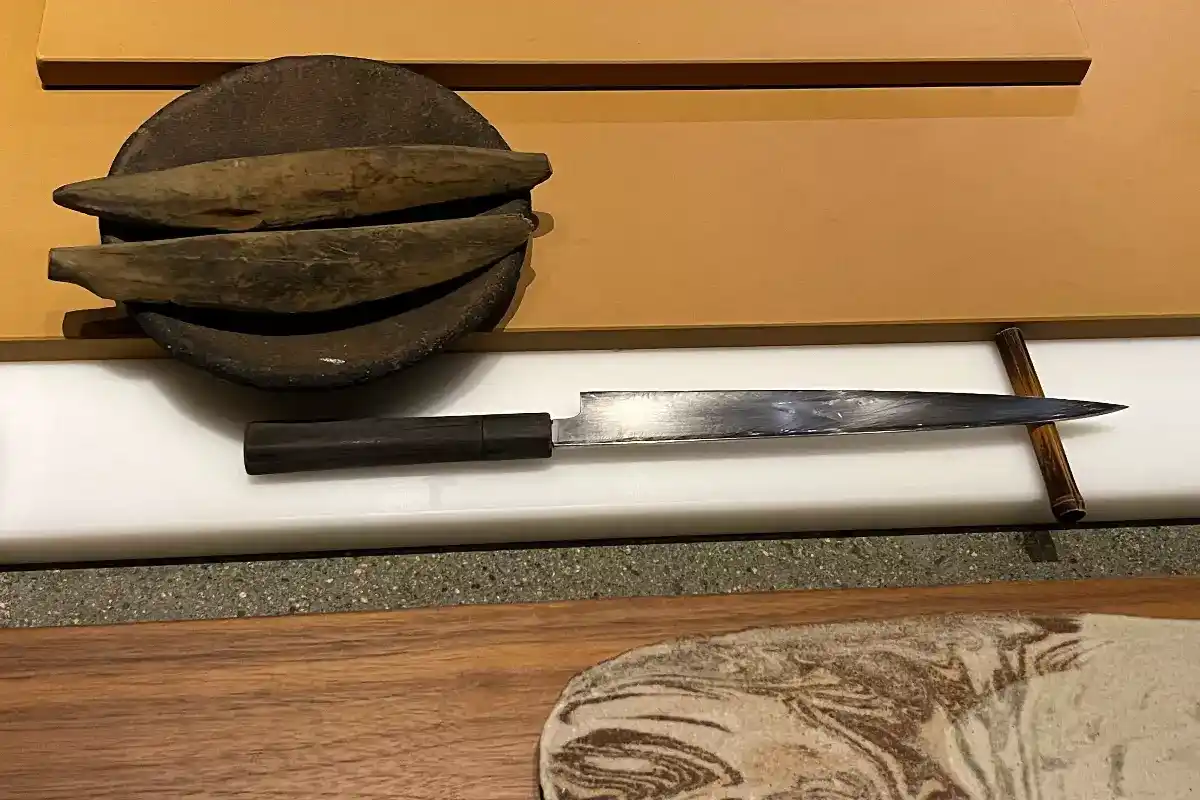The art foundation established by artist Bosco Sodi encourages a dialogue between contemporary art and the local communities of Puerto Escondido, Mexico City and Tokyo
Bosco and Carla Sodi
Launched in 2014 from the idea of Bosco Sodi, Casa Wabi is now a cultural hub with worldwide recognition.
The name ‘Casa Wabi’ originates from the Japanese philosophy of Wabi-Sabi, which seeks beauty and harmony in the simple, the imperfect, and the unconventional. With its director, Carla Sodi, the Foundation strives to generate social and cultural development for local communities by exposing them to contemporary art.
Casa Wabi. The sense of community
It is an entity conceived as a form of giving back to the community. The cycle of Casa Wabi’s existence begins and terminates within the community: it emerges from the community, flourishes through it, and dissolves in the community. Casa Wabi was conceived by Mexican artist Bosco Sodi out of an urge to reciprocate what he had received. It was inspired by the desire to share and redistribute privilege.
Carla Sodi, reporting Bosco Sodi’s words: «It’s great to have an artistic residency. However, something is missing. What’s the benefit to my country? I need to give. I need to make a relationship that everybody wins».
Casa Wabi stands at the intersection of private initiative and the public sphere; the architecture of its headquarters, designed by Tadao Ando, characterized by a setting in perpetual openness, permeable to transience, and exposed to the elements, reflects the essence of the Foundation.
The principles that constitute the ethics of Casa Wabi
The space inhabits a specific geography that determines its temporality. It places it far from the scope of frantic production and sharp efficiency. Casa Wabi aspires to nurture the social fabric. It intends to act as a catalyst and incubator of social aggregates. It wants to encourage reciprocity, to stimulate interactions. Casa Wabi proceeds from a specific assumption: the acknowledgment of the statute of humankind.
Carla Sodi explains: «First, it is about generating dialogues where everybody is identical; we are all humans. We are the same, and we all need each other to grow. Casa Wabi derives from this idea of coming back to basics». Given this initial premise, it strives to facilitate and enable exchange and mutual germination. The community is at the service of the community.
The Program at Casa Wabi
Casa Wabi consists of multiple strands. It is characterized by its broad programming, from art residencies to exhibitions, clay workshops, films, and a mobile library. It articulates and deploys its program through multiple levels of discourse. The line that bridges and denotes the whole is its desire for proximity to the social fabric. It is in the fibers of this texture that Casa Wabi nests its practice.
The residencies
The residencies promote multidisciplinary encounters between different generations, sparking their creative impulses and supporting the development of the cultural and social platform. The program emphasizes three key elements: the creative inspiration of the residents, the relationship with other artists and the Foundation staff, and the active exchange with the communities. Therefore, residents develop a project or activity to share and engage with the communities.
The exhibitions and clay workshop at Casa Wabi
The goal of the exhibition program is to share the artists’ experiences with the Foundation’s architecture and the region’s daily life. Each year, the Foundation organizes an exhibition that provides an aesthetic experience for the residents and visitors of the Puerto Escondido area.
The clay workshop is aimed at children in primary and secondary schools in the surrounding communities. Its main objective is to promote a comprehensive valorization of clay’s relevance and organic nobility, as it alludes to the local culture and economy.
The Mobile Library and screenings
The Mobile Library of the Coast is a program developed with the Fundación Alfredo Harp Helú Oaxaca. This library travels with books for children, teenagers, and adults, visiting communities near Casa Wabi. It also promotes the joy and benefits of reading through activities in schools and public spaces.
The film program seeks to facilitate a constructive approach to film production by screening national and international films and organizing workshops and meetings that promote audiovisual media as a fundamental means of expression today.
Casa Wabi as an organic entity. Interactions within the platform
It unfolds its existence in Puerto Escondido, Mexico City, and Tokyo. The organism, although geographically dislocated, is endowed with a single breath. Its dislocation is not the result of divergent and alternative trajectories but the expansion of a unified desire that Carla Sodi solidifies in the following statement: «Oaxaca to the world, the world to Oaxaca».
The residency at Puerto Escondido is a magnet attracting international artists within the local orbit; the residency program in Tokyo allows the reverse trajectory: facilitating the circulation of Mexican artists across the region’s borders.
Casa Wabi is about caring
Along the way, one challenge has been establishing a long-lasting, non-exploitative dialectic with the local community; it has been necessary to build trust.
Casa Wabi ensures that the creative instances and purposes of the artists are harmonized with the collective concerns of the locals. Therefore, artistic creation cannot transcend and overshadow the community. Artists and communities are in a relationship of mutual recognition. No exchange economy flows between the two ends of the equation; no profit exists. Instead, the platform is based on a collective sense of care.
Carla Sodi wishes to emphasize: «We have never allowed a resident to take advantage of the community. That’s something we really fight for. We don’t allow the exploitation of the community for personal growth».
Gathering at Casa Wabi
Over the years, many artists have passed through the doors of Casa Wabi. These incessant transitions create traces and sediments. The artists, the Casa Wabi team, and the surrounding community are the actors equally involved in this seasonality.
Casa Wabi is not a residency program aimed at mere material production. Free from the demands of spasmodic commercialization, circulation, and distribution, Casa Wabi’s core values consist of intangible and unquantifiable particles.
It is about the gathering: the gathering of artists within the residency, the gathering of artists within the Casa Wabi. team, and the gathering of artists within the local community. The intrinsic value lies in this ceaseless flux of encounters.
The art residency and the selection process
Casa Wabi fosters deep connections between artists and audiences, between intersectional domains of immediate surroundings and the global realm. Casa Wabi operates primarily by invitation and open call. Approximately 500 artists from all latitudes and longitudes participate in the call each year, with no age limit. The curatorial team carefully evaluates each application and its suitability for inclusion in the residency context. The quality of the work, its relevance, and its urgency to Casa Wabi’s mission are the only selection criteria.
Casa Wabi in the broader ecology of contemporary art
«Casa Wabi is an experimental space. Galleries are not allowed to visit the studios during the residency. We don’t encourage them to visit the studios. This is because we want to keep the space open to all the potential artists who want to navigate», says Carla Sodi.
The platform Bosco Sodi envisioned serves a clear purpose within the broader ecology of art. It consists of maintaining a safe, secure place, protected from artificial light and high-speed production cycles. Accordingly, Casa Wabi corresponds to a specific mode of inhabiting existence.
«You can always start working with new things and experiment with new ideas and ways of doing things. For example, some artists have just been working with ink, and they arrive here and start working with oil just because they have this private space dedicated to them,» says Carla Sodi.
The director concludes, «One thing that happens here is that these six residents sit together during dinner and talk about their visions; they become friends. So, let’s be open to what’s around us».
Fundación Casa Wabi
Fundación Casa Wabi is a non-profit civil association that promotes the interaction between contemporary art and local communities in Puerto Escondido, Mexico City, and Tokyo. It is located on the Pacific coast, 30 minutes from the airport of Puerto Escondido, Oaxaca. Nestled between the mountains and the sea, the headquarters was designed by Japanese architect Tadao Ando and initiated by Mexican artist Bosco Sodi.
Giovanni Bartolini






